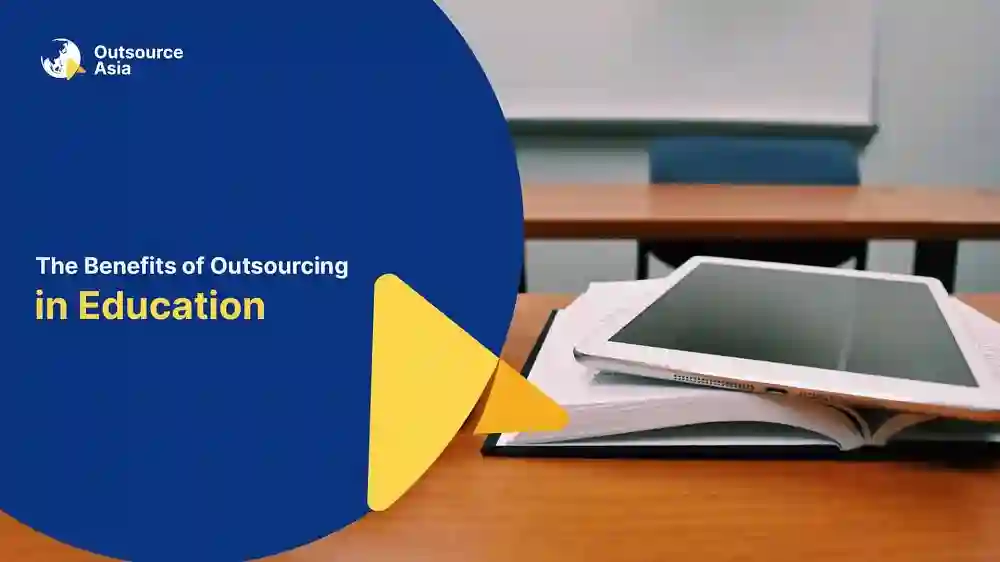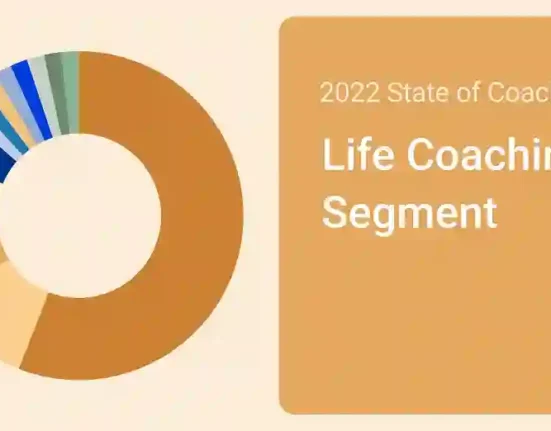Education is a catalyst for positive change, not only at the individual level but also at the community and societal levels. It has the power to transform communities by equipping individuals with knowledge, skills, and the ability to effect change. In this article, we will explore the profound link between education and community development, examining how education strengthens societies and contributes to their growth and well-being.
The Connection between Education and Community Development
Education and community development are intertwined forces that mutually reinforce each other. When individuals in a community have access to quality education, they are better equipped to contribute to the development of their community. At the same time, a thriving community provides a supportive environment for education to flourish.
Empowering Individuals
Education empowers individuals to become active and informed citizens who can participate in community development efforts. When individuals are educated, they are more likely to engage in civic activities, vote in elections, and advocate for positive changes within their communities.
Economic Growth and Employment Opportunities
One of the most direct links between education and community development is through economic growth and employment opportunities. A well-educated workforce is essential for attracting businesses, fostering innovation, and driving economic development within a community. As a result, communities with educated populations tend to have lower unemployment rates and higher income levels.
Entrepreneurship and Innovation
Education fosters creativity, critical thinking, and problem-solving skills, all of which are essential for entrepreneurship and innovation. Educated individuals are more likely to start their own businesses, invent new technologies, and contribute to the growth of industries within their communities. This entrepreneurial spirit can lead to economic prosperity and job creation.
Access to Resources
Educational institutions often serve as hubs of knowledge, resources, and networks within communities. They provide access to libraries, research facilities, expert faculty, and a diverse community of peers. These resources can be invaluable for individuals seeking to initiate community development projects, conduct research, or solve local challenges.
Social Capital
Education enhances social capital, which is the trust, connections, and social networks within a community. Individuals with higher levels of education often have broader social networks and are more likely to engage in community activities and associations. These connections can be leveraged for community development initiatives and collaborations.
Health and Well-Being
Education also contributes to community health and well-being. Educated individuals are more likely to make informed health decisions, access healthcare services, and adopt healthy lifestyles. Communities with educated populations tend to have better healthcare infrastructure and higher overall well-being.
Cultural Preservation
Education plays a role in preserving cultural heritage within communities. It provides a platform for passing down traditions, languages, and cultural practices from one generation to the next. Educated individuals are more likely to appreciate and protect their cultural heritage, contributing to the richness and diversity of their communities.
Environmental Stewardship
Education can foster environmental awareness and stewardship within communities. It equips individuals with the knowledge and understanding of environmental issues, encouraging sustainable practices and responsible resource management. Educated communities are more likely to prioritize environmental conservation efforts.
Conflict Resolution and Social Cohesion
Education promotes conflict resolution skills and social cohesion within communities. When individuals are educated, they are better equipped to communicate effectively, resolve disputes peacefully, and build inclusive communities. Education can serve as a means of reducing social tensions and fostering harmony.
Community Involvement and Leadership
Education encourages community involvement and leadership. Educated individuals often take on leadership roles in local organizations, government, and community initiatives. Their skills and knowledge make them valuable contributors to community development projects and decision-making processes.
Challenges and Disparities
While education has the potential to strengthen communities, it is essential to acknowledge that disparities in access to quality education can exist within and between communities. Economic, geographical, and social disparities can limit some individuals’ access to educational opportunities.
Addressing these disparities through policies and initiatives that promote equitable access to education is crucial for harnessing education’s full potential for community development. By ensuring that all members of a community have access to quality education, societies can maximize the positive impact of education on their development.
Conclusion
Education is a powerful force for community development and societal growth. It empowers individuals to become active, informed, and engaged citizens who contribute to the betterment of their communities. The benefits of education ripple through every aspect of community development, from economic prosperity and innovation to social cohesion and cultural preservation.
As communities and societies recognize the transformative power of education, they can work together to create inclusive and equitable educational systems that provide opportunities for all. By investing in education and fostering a culture of lifelong learning, communities can strengthen their foundations, enhance their well-being, and build a brighter future for generations to come. Education is not only the key to individual success; it is also the cornerstone of thriving, resilient, and prosperous communities.







